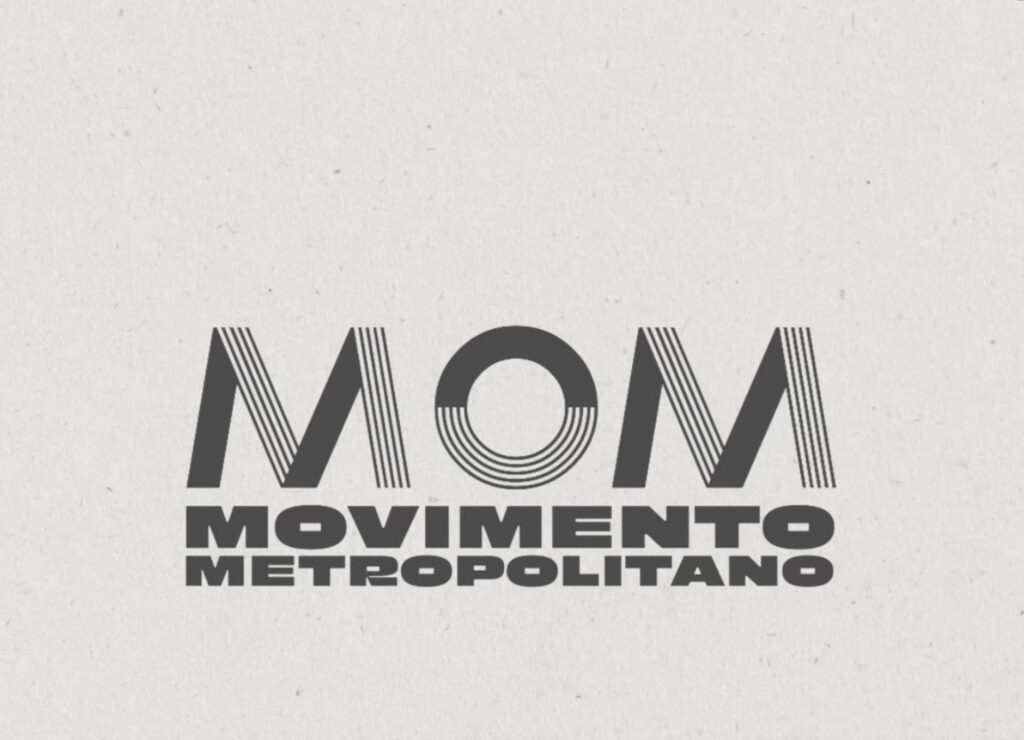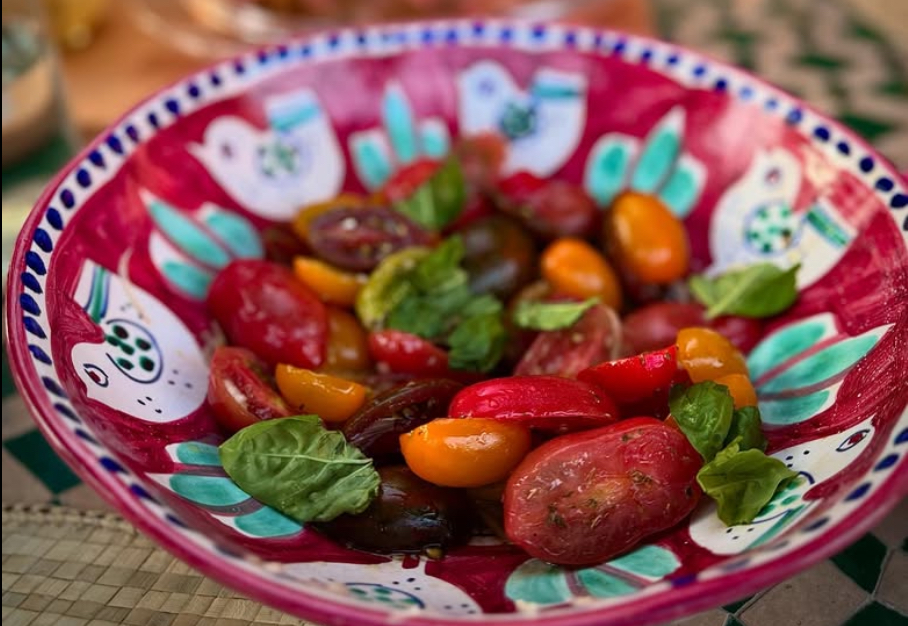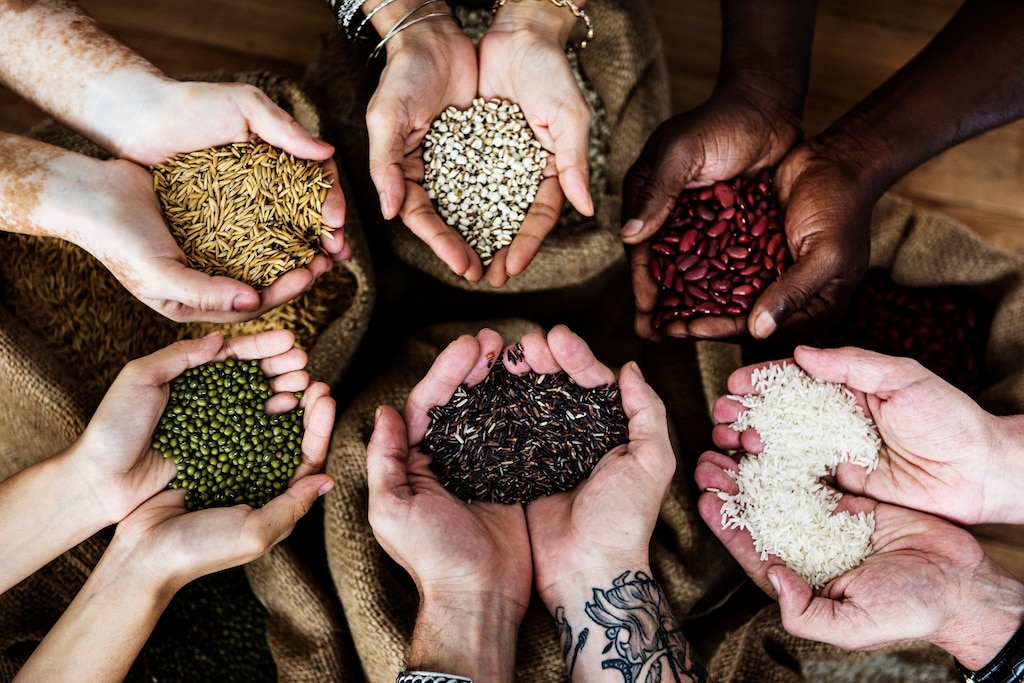Did you know the Mediterranean diet holds a UNESCO honour?
Since 2010, it’s been an Intangible Cultural Heritage of Humanity. This isn’t just about nutrition; it’s about skills, traditions, and vibrant communities. UNESCO calls it “constant” but its true nature is dynamic. This is a living heritage, always shaped by the energy and friction where city meets countryside—an ethos we deeply resonate with at MoM.
In this diet, plant-based staples such as olive oil, grains, beans, nuts, seeds, legumes, fruits, and vegetables form the bedrock, alongside moderate amounts of fish, meat, poultry, dairy, and various condiments and spices. These are often paired with wine or infusions. It’s beautifully uncomplicated and balanced—not some loud and fleeting food trend. Day after day, this simple lifestyle quietly builds your vitality.
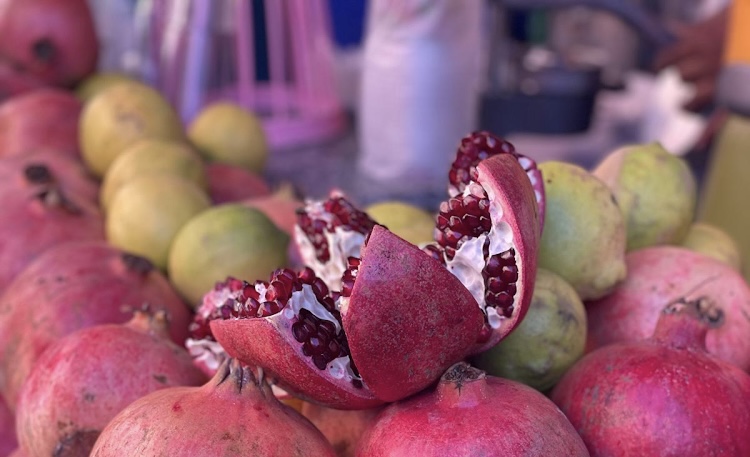
The science is compelling—not just anecdotal
Rich in antioxidants and anti-inflammatory compounds, the Mediterranean diet actively combats many chronic diseases. It supports cognitive health; the data connects it to improved brain function and resistance against neurodegenerative decline. Lower rates of cancer, too. And for weight? Well, it doesn’t traffic in the empty promises that so often define the glossy, ‘insta-perfect’ marketing of fad diets, but it’s about genuine, lasting sustainability. A truth, perhaps, not always readily acknowledged.
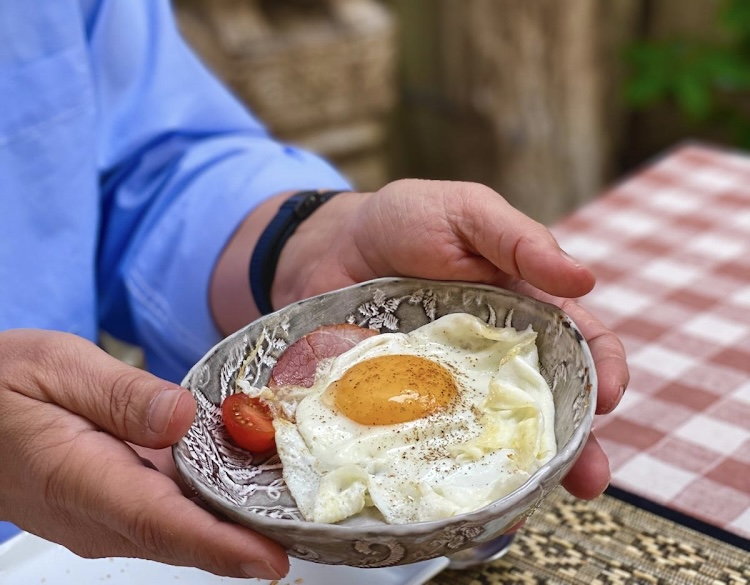
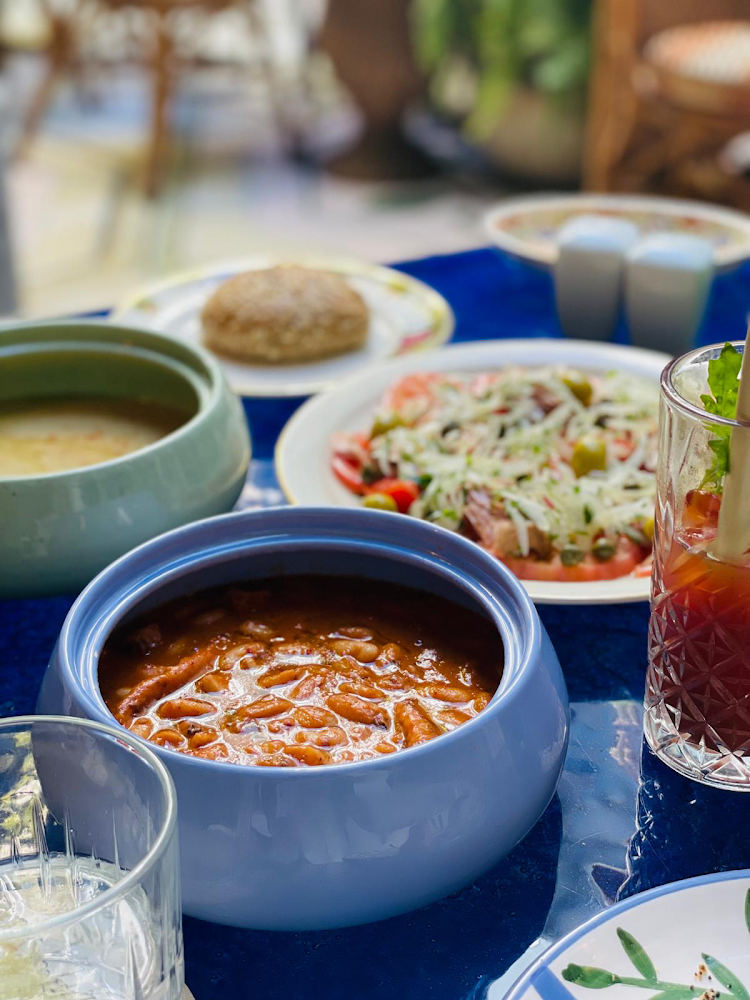
This isn’t only about living longer, though leading studies consistently link this approach to a significantly reduced risk of early death. It’s also about truly living those years, with research indicating less chance of frailty as you get older. More than anything, though, it’s about food sparking joy.
You don’t need to live by the Mediterranean Sea to embrace it—the principles are universal
Building communities and strengthening partnerships remain at MoM’s core— and the Mediterranean diet aligns perfectly: it nourishes the individual, the family, and the planet. Like the entrepreneurial artisans and creative spirits we champion, it proves that simple, accessible choices have health benefits for everyone.
